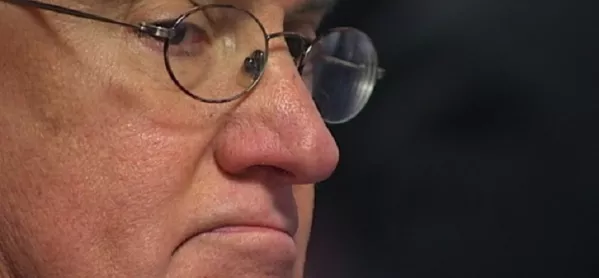The country’s best performing academy trusts have resisted the temptation to “empire build”, the head of Ofsted has said.
Sir Michael Wilshaw said the recipe for success among the top seven chains was their reluctance to grow too quickly and “spread themselves too thinly” across the country.
The former headteacher’s comments come after he criticised the seven worst performing chains for their ”Walmart-style” approach to taking over academies.
“You know, pile ‘em high and sell ‘em cheap. It was empire building rather than having the capacity to improve these schools,” he told MPs in June.
None of the high-performing trusts have used their freedoms to do anything “radical”, he added.
The recipe for success
The chief inspector made his new observations in his latest commentary, which looked into the reasons behind the success of the highest performing multi-academy trusts (MATs) in the country.
He named the seven best MATs operating today as:
- Ark Academy Trust;
- Aspire Academy Trust;
- LEAD Academy Trust;
- Leigh Academies Trust;
- REAch2 Academy Trust;
- The Diocese of Westminster Academy Trust;
- The First Federation Trust.
According to Sir Michael, the trusts were selected from a long list of chains that are considered to be “high performing” by national schools commissioner Sir David Carter.
They each shared common characteristics, such as an ability to recruit and retain top leaders; they offered a “broad and balanced curriculum”; and they taught all pupils in a “calm and scholarly atmosphere”.
He announced his findings after making some stinging criticisms of the worst performing academy chains in England in a letter to the then education secretary Nicky Morgan.
“Unlike some of the academy chains, which I highlighted in my advice letter to the secretary of state earlier this year, these strong performing trusts have resisted the temptation to expand too quickly and spread themselves too thinly across a wide geographical area,” Sir Michel writes.
“There is no sense that the executive leaders are driven by a desire to build empires. Instead, their initial focus has been on securing sustainable improvement in a smaller number of academies.”
Most of the trusts, he added, work to a “three to four-year consolidation plan” before they consider expanding to more schools.
Sir Michael also noted that none of the high-performing chains used their academy freedoms in a “particularly radical way”, but all had created a curriculum that ensured every pupil and “not just those whose parents can afford it” had the chance to benefit from trips abroad and cultural experiences.
Want to keep up with the latest education news and opinion? Follow TES on Twitter and like TES on Facebook




